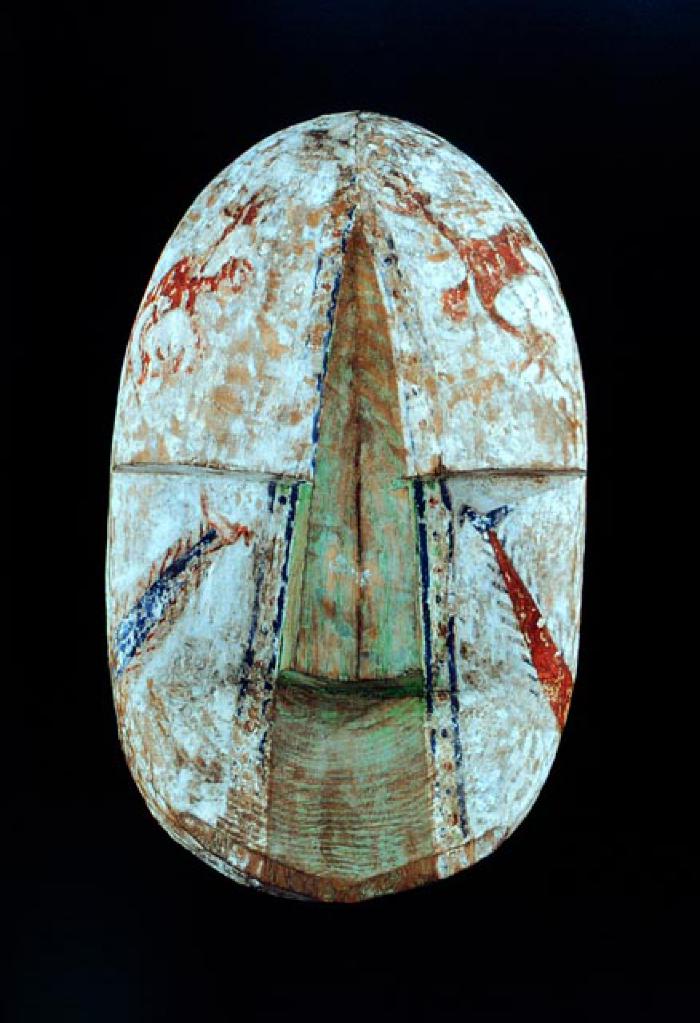Eye — Iingalaq

An Alutiiq story from Prince William Sound tells of a young man who wished to be married. He traveled to a killer whale village, where he gave the chief dried halibut in return for the right to marry his daughter. The daughter left with the young man but discovered quickly that he had dirty, runny eyes. Disgusted, she snuck away and returned to her mother’s village.
The reference to dirty eyes in this story may reflect a common health problem in classical Alutiiq society. The oil lamps that burned daily in sod houses created soot that clogged both the lungs and the eyes. Russian traders report that blindness was a frequent problem.
Alternatively, dirty eyes may be a reference to the suitor’s youth and inexperience. Among the Yup’ik, with whom the Alutiiq people share many traditions, vision is associated with age, knowledge, and power, particularly supernatural power. It is rude for young people to make direct eye contact, and downcast eyes are a symbol of respect and humility.
This association between vision and power is also expressed in Alutiiq stories. Many Alutiiq tales mention taboos related to looking, particularly at supernatural things. For example, people who journey to the spirit world must close their eyes as they travel and are often shielded from watching spirits at work. Moreover, spirits are thought to have excellent vision. The souls of the dead peer down through the sky to observe life on earth, and Llam Sua—the Alutiiq supreme being—is all-seeing.
